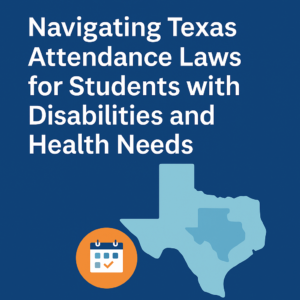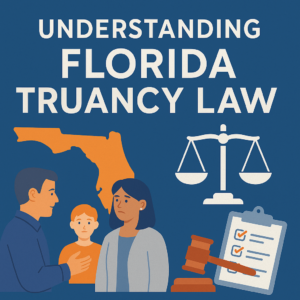School avoidance families will be nodding in agreement and appreciation when reading this series of information from Anxiety Institute Co-Founder Linda Geiger.
In addition to being the CEO of a leading school avoidance treatment program, Linda is also a mother who lived through the trauma of her son’s school avoidance.
Linda addresses the fundamental questions and answers we all seek but can never find.
HOW THE HECK DO WE COMMUNICATE WITH, HANDLE AND HELP OUR SEVERELY ANXIOUS KIDS IN OUR HOME WITHOUT FALLING APART OURSELVES???
In this article, she covers:
- Parenting your anxious child is often a traumatic experience for both parent and child.
- The lesson we need to absorb rapidly is that standard parenting techniques won’t help your acutely anxious child.
- Transitioning from Accommodation to Support
- IDEAS is a simple five-step process I refined through trial and error to engage with my son and guide him when his acute anxiety symptoms manifested themselves.
- Additional communication guidelines you should bear in mind when talking to your acutely anxious child.

IDEAS, framework, a simple five-step process developed by Linda to engage with her son and guide him when his acute anxiety symptoms manifested themselves.
Parenting your anxious child is often a traumatic experience for both parent and child.
It is a frustrating, maddening, and heartbreaking endeavor that often generates parental discord and family dysfunction. Moreover, it can set parents against each other as their contrasting styles come into stark conflict. Usually, one parent exhibits a more disciplinary approach, while the other is more understanding and permissive. However, with an acutely anxious child, neither strategy works.






